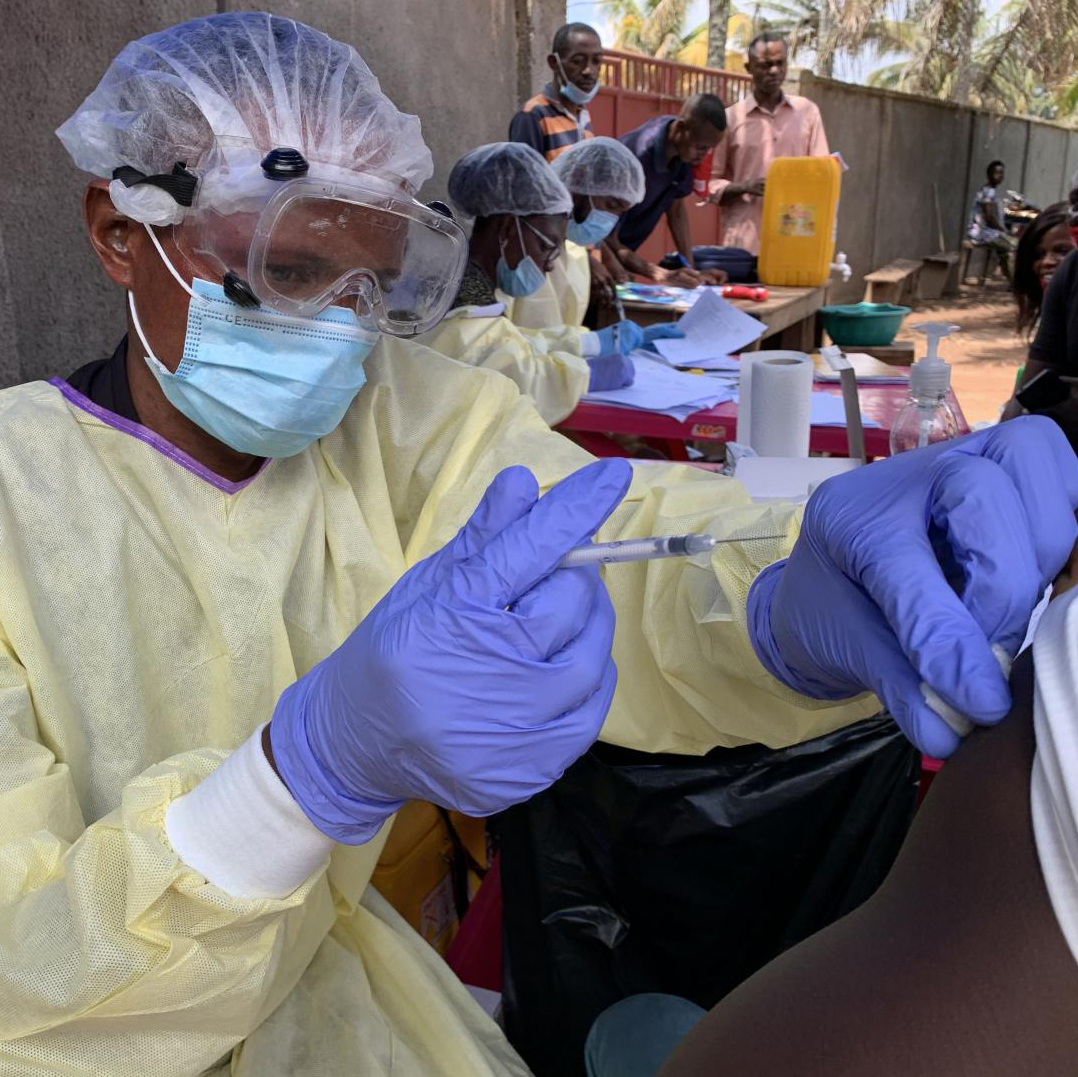
Reston Ebolavirus spreads efficiently in pigs
On Dec. 21, 2020, the U.S. National Institutes of Health (NIH) announced a study published in the Proceedings of the National Academy of Sciences in which the scientists found that experimental piglets infected with RESTV developed severe respiratory disease and shed the virus from the upper respiratory tract.
RESTV can infect humans but is not known to cause disease. Now the scientists express concern that pigs could serve as an ‘interim or amplifying host for ebolaviruses.’
The emergence of Reston virus (RESTV) in domestic pigs in the Philippines and, subsequently, the detection of RESTV sequences in pigs in China are serious human and animal health concerns. Food safety is an immediate fear, and pathogenicity and potential for zoonotic transmission are important concerns.
Tags:
Source: U.S. National Institutes of Health
Credit:
